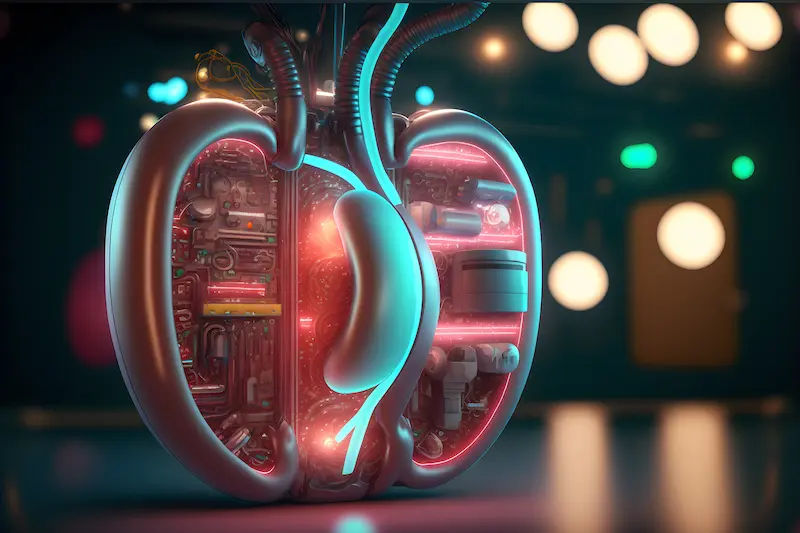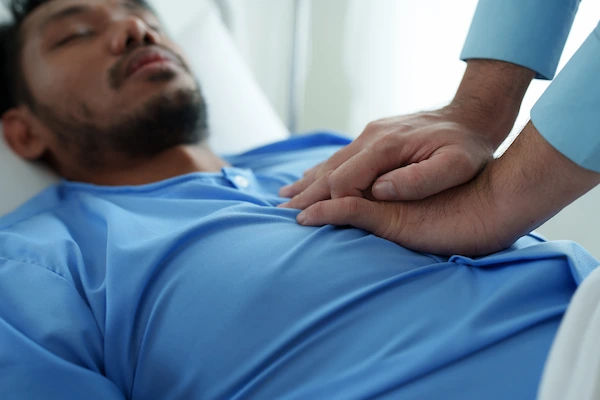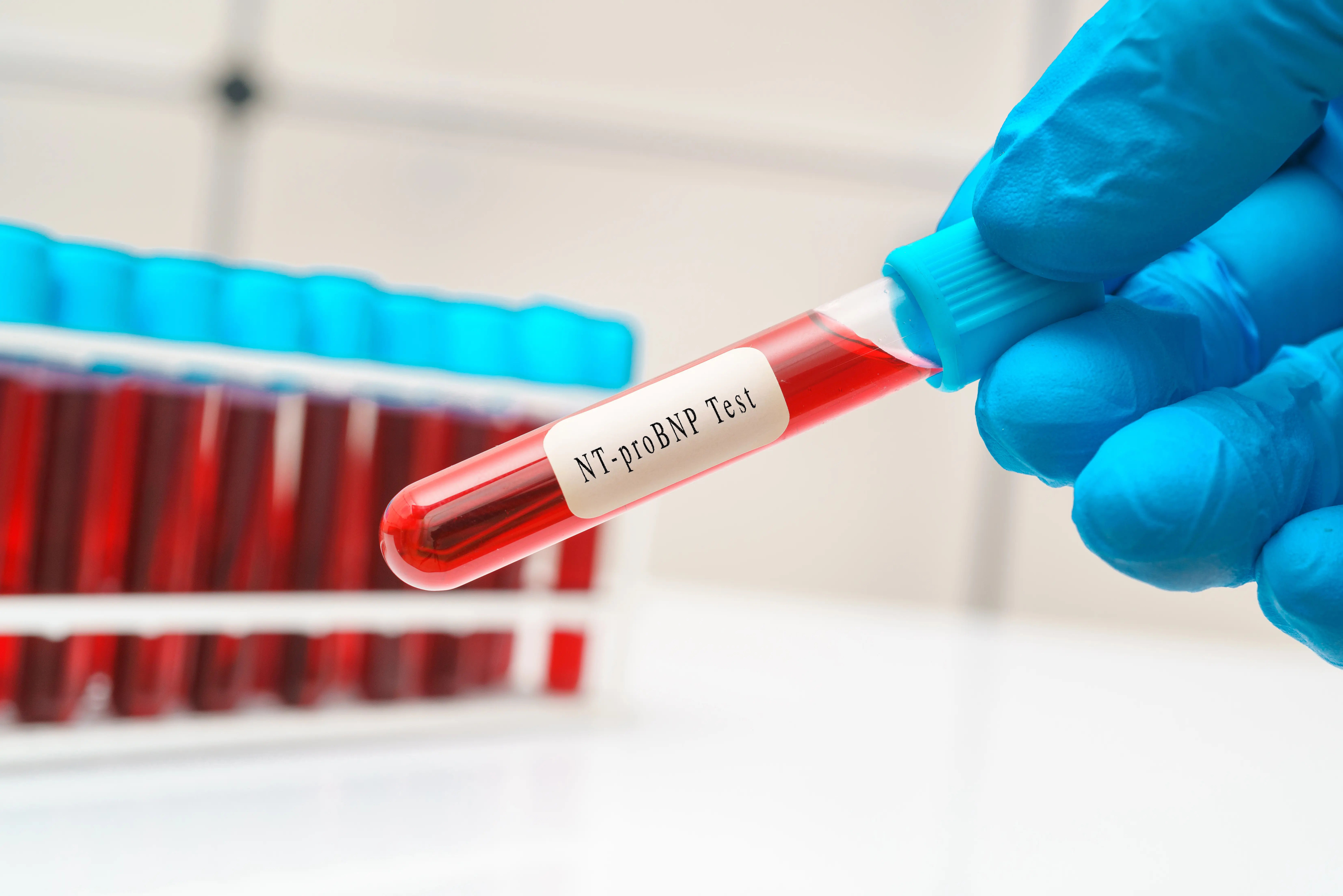- female
- 35 Years
- 20/02/2025
I've been having some pretty intense heart palpitations, sometimes around 130 bpm, which really worried me. Our family doctor suggested I get admitted just to keep an eye on it. I ended up having four ECGs and a 2D echo, and thankfully, everything came back normal. Despite that, I still sometimes feel those palpitations. Is this something I should be really worried about? Also, I've been feeling some pain near my left shoulder blade and the left side of my chest just below the shoulder. Could these be connected?
Answered by 1 Apollo Doctors
anxiety
Dr. Chandra Suggests...
Consult a Cardiologist
Answered 04/07/2025
0
0

Ask Apollo
AI powered Health Chatbot
-
Heart Palpitations:
- If ECGs and 2D echo are normal, palpitations are often benign.
- Monitor for triggers like caffeine, stress, or dehydration.
- Consult a cardiologist if symptoms persist or worsen.
-
Shoulder and Chest Pain:
- Could be musculoskeletal, especially if ECG and echo are normal.
- Consider posture correction and gentle stretching.
- Seek medical evaluation if pain persists or intensifies.
-
General Advice:
- Keep a symptom diary to identify patterns or triggers.
- Follow up with your healthcare provider for persistent concerns.
Recommended next steps
Consult a Cardiologist
Answered 10/09/2025
0
0

More Cardiology Health Queries
View allI'm currently taking Tazloc AM for my high blood pressure, but it still isn't in the normal range. I'm concerned and wondering what could be causing this. Could there be something I'm missing or should I be trying something else? It's a bit worrying since I expected the medication to help more.
For a 5-year-old child, the expected visual acuity is: - 2030 to 2040 in each eye - Able to identify the 2030 or 2040 line on the Snellen chart - May not be able to read the 2020 line, which is the standard for adult vision Keep in mind that every child develops at their own pace. Consult a pediatric ophthalmologist or optometrist for a comprehensive eye exam.
Answered by 1 Apollo Doctors
How is heart affected in diabetes?
With time, raised blood sugar levels can damage the blood vessels and nerves that control the heart. Additionally, people with diabetes are also more likely to have other conditions that raise the risk for heart disease such as high blood pressure and deranged cholesterol or triglyceride levels.
Answered by 1 Apollo Doctors
I'm taking Eliquis 5mg twice daily since I had a pulmonary thrombosis embolism a while back. I'm doing well now, but my doctor advised me to stay on it for life. I'm really curious about what the long-term side effects could be with this medication because I'd want to adjust my diet and lifestyle accordingly. Can you share some insights?
Eliquis (Apixaban) is a commonly prescribed anticoagulant used for preventing blood clots. Some potential side effects of Eliquis in the long run may include an increased risk of bleeding, such as nosebleeds, bruising, or prolonged bleeding from cuts. It is important to be cautious when participating in activities that may increase the risk of injury. Additionally, some individuals may experience gastrointestinal issues like stomach pain or indigestion. To minimize the risk of side effects while taking Eliquis, it is advisable to maintain a healthy lifestyle, including a balanced diet rich in fruits and vegetables, regular exercise, and staying hydrated. It is also important to inform any healthcare providers about your Eliquis use before undergoing any medical procedures or surgeries to prevent excessive bleeding.
Answered by 1 Apollo Doctors
Disclaimer: Answers on Apollo 247 are not intended to replace your doctor advice. Always seek help of a professional doctor in case of an medical emergency or ailment.


.webp)


